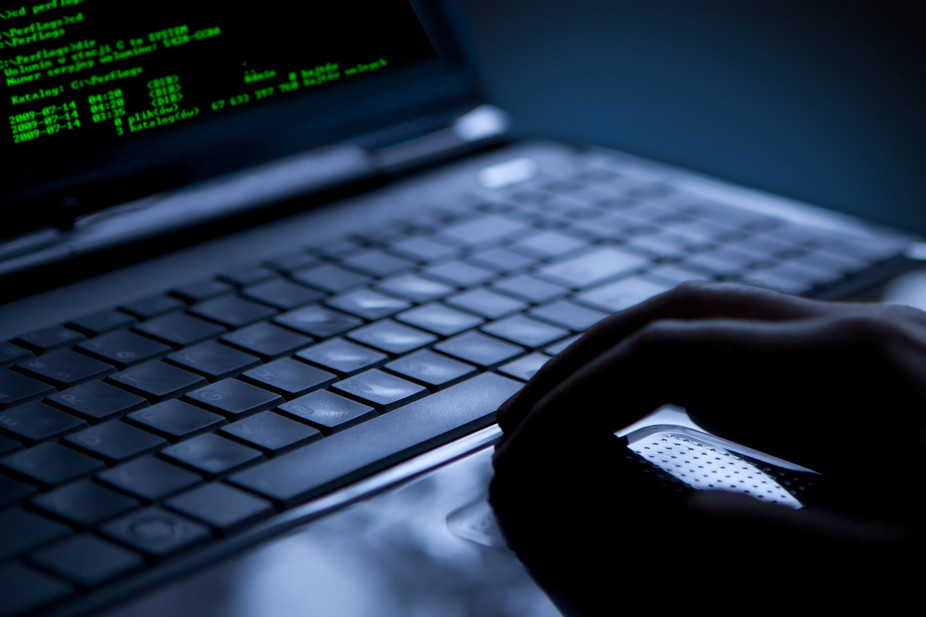Internet
Blog
The Law that Could Allow Trump to Shut Down the U.S. Internet
January 25, 2017By Sean Lawson In a pair of recent essays, Timothy Edgar, the academic director of law and policy at Brown University‘s Executive Master in Cybersecurity program, has outlined the legal basis for how a President Donald Trump could potentially shut down the U.S. internet in response to a national security crisis. Edger’s concerns stem from Trump’s statements on the campaign ...
Blog
How Technology Could Help Predict Terrorist Attacks
July 13, 2016by Sheryl Prentice The internet has become a weapon for terrorists, who use social media and other technologies to organise, recruit and spread propaganda. So is it possible to turn technology around and use it to not only catch terrorists but predict and potentially stop terror attacks before they happen? One thing we can do ...
Blog
Six Easy Ways to Tell if that Viral Story is a Hoax
January 6, 2016by Pete Brown “And so it begins … ISIS flag among refugees in Germany fighting the police,” blared the headline on the Conservative Post; “with this new leaked picture, everything seems confirmed”. The image in question purported to show a group of Syrian refugees holding ISIS flags and attacking German police officers. For those resistant ...
Blog
Is the Internet an Incubator for Radicalisation?
October 7, 2015By Irene McGinn and Adam Joinson This blog post explores the reasons why some online ideological groups take action while others do not and focuses on to what extent the online communications of ideological groups contribute to direct collective action. In order to address this question, we examined a number of online groups using a variety of ...
Blog
The Terror You Know, the Terror You Don’t – How Extremism Has Gone Digital Since 7/7
September 16, 2015by Alex Krasodomski-Jones A decade after 7/7, the War on Terror rumbles on. Ten years ago, it was Osama bin Laden and Saddam Hussein: a battle against dictators and super-terrorists responsible for thousands of deaths in the West and at home. Today it is IS, though the shaky narrative of good versus evil is looking ever-more ...
Blog
Extremist Forums Provide Digital OPSEC Training
July 15, 2015by Aaron Brantly and Muhammad al-`Ubaydi The average netizen has terrible digital hygiene. We click on random links, open emails from unknown individuals, use public WiFi hotspots, leave computers and devices unsecured, and often do not even use basic anti-virus packages. Most Chief Information Systems Officers’ largest problem is not a talented nation state, but ...
News
VOX-Pol joins Insafe Network discussions on Online Extremism and Radicalisation
June 16, 2015VOX-Pol participated in a two-day meeting hosted by the Insafe Network of Safer Internet Centres in Prague from 27-28 May. Insafe is a European network of 31 national awareness centres comprising the 27 EU member states and Iceland, Norway, Russia and Serbia. Each of the national centres implement awareness and educational campaigns, runs a helpline, ...
Blog
Does the Internet Play a Significant Role in Contemporary Violent Extremism and Terrorism? Some Arguments For and Against
May 20, 2015by Maura Conway Some scholars and others remain skeptical of a significant role for the Internet in processes of violent radicalisation. There is increasing concern on the part of other scholars, and increasingly also policymakers and publics, that high and increasing levels of always-on Internet access and the production and wide dissemination—and thence easy availability—of ...
Blog
Coming Face to Face With the New Normal in Internet Research
November 10, 2014 by Elizabeth Buchanan When news of the Facebook contagion study hit, I was presenting a session on research ethics to the VOX-Pol summer school at Dublin City University. I had intended to discuss the Belfast Project as an example of social, behavioural, and educational research gone badly—indeed, this project had international ...








